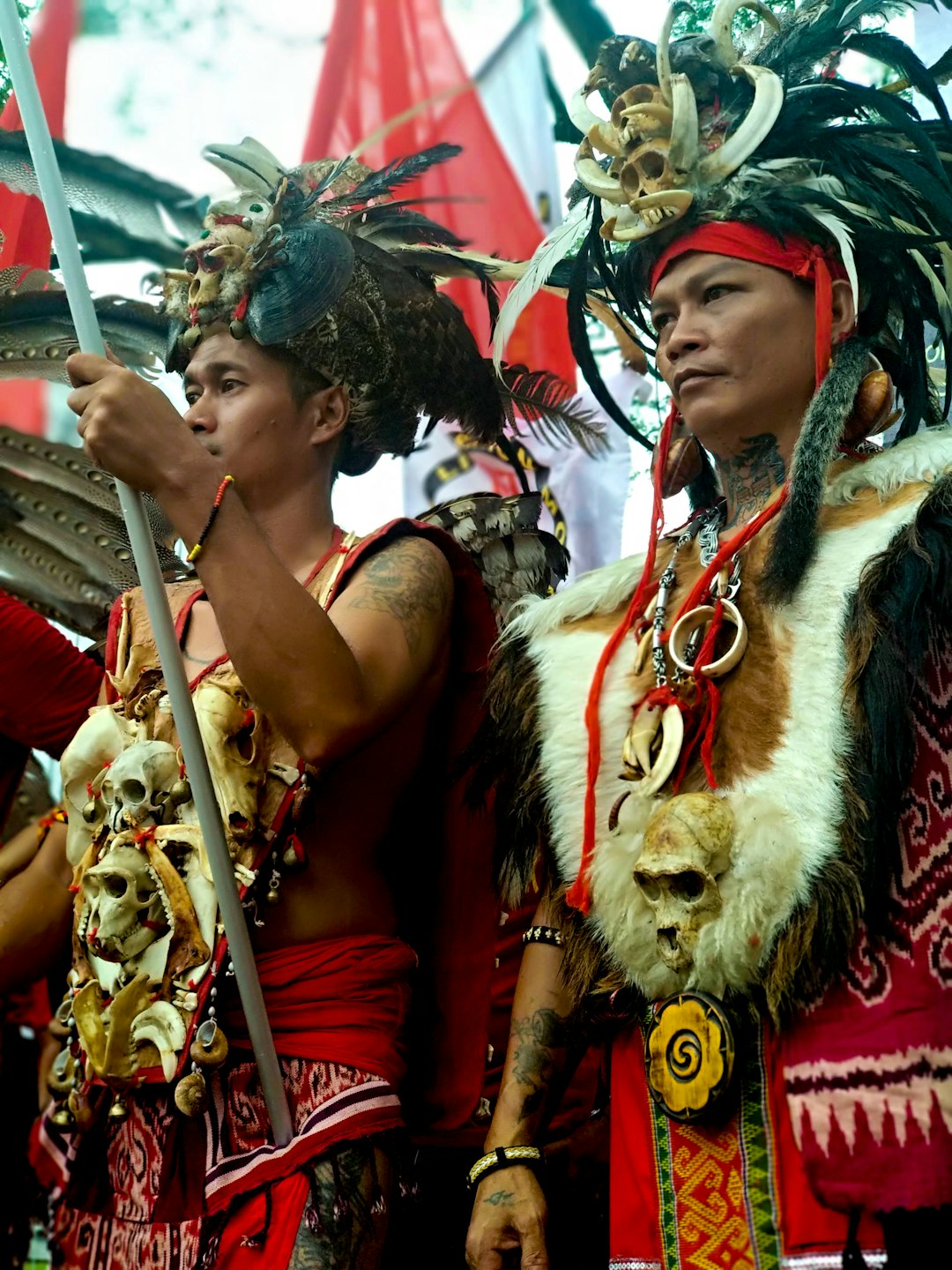
Indigenous Cultures Thrive as Hopeful Communities Overcome Adversity
Indigenous cultures across the globe have shown remarkable resilience, evolving and adapting despite facing numerous adversities. This article delves into how Indigenous communities thrive, using hope and cultural pride as a foundation to overcome challenges while preserving their rich heritage.
The Resilience of Indigenous Cultures
Indigenous peoples have endured centuries of colonization, cultural erasure, and socio-political challenges. Yet, they continue to embody resilience. This resilience is rooted in a deep connection to their land, traditions, and community values. By drawing on their cultural heritage, Indigenous communities cultivate a sense of identity that empowers them to confront contemporary challenges.
For instance, the revitalization of traditional practices, such as weaving, storytelling, and ceremonies, not only preserves cultural identity but also fosters community cohesion. These practices serve as a reminder of their history and are essential in nurturing hope and a sense of belonging.
Current Developments and Emerging Trends
Cultural Revitalization Initiatives
Across various regions, Indigenous communities are launching cultural revitalization initiatives aimed at preserving their languages and traditions. For example, in Canada, the Truth and Reconciliation Commission has advocated for the revival of Indigenous languages by integrating them into school curriculums. This initiative not only preserves linguistic diversity but also empowers younger generations to embrace their identity.
Environmental Stewardship
Indigenous communities are increasingly recognized for their role in environmental stewardship. Their traditional ecological knowledge offers sustainable practices that modern societies can learn from. For instance, the Maori in New Zealand practice Kaitiakitanga, a form of guardianship that emphasizes the responsibility of humans to protect the environment. By integrating these practices into contemporary environmental policies, governments can promote sustainable development that respects Indigenous rights and knowledge.
Case Studies of Hope and Resilience
The Māori of New Zealand
The Māori have faced significant challenges since European colonization. However, they have transformed adversity into opportunity through collective action and cultural pride. The creation of the Māori Language Act in 1987 marked a significant step in the revitalization of the Māori language, leading to the establishment of immersion schools and cultural programs. These efforts have fostered a renewed sense of identity and pride among Māori youth, proving that hope can flourish even in challenging circumstances.
The Navajo Nation
The Navajo Nation in the United States has faced economic and health-related adversities, particularly during the COVID-19 pandemic. In response, community leaders mobilized resources to provide essential services, including healthcare and food distribution. By leveraging traditional values of kinship and community support, the Navajo Nation demonstrated how collaboration and resilience can overcome significant obstacles.
Expert Opinions
Experts agree that Indigenous cultures serve as beacons of hope for broader society. Dr. Robin Wall Kimmerer, a plant ecologist and member of the Citizen Potawatomi Nation, emphasizes the importance of Indigenous knowledge in addressing climate change. She states, “The land is our teacher. Indigenous practices provide a framework for understanding our interconnectedness with the environment.”
Further Reading and Resources
To deepen your understanding of Indigenous cultures and their resilience, consider exploring the following resources:
- The Truth and Reconciliation Commission of Canada Report
- Indigenous Environmental Network
- First Nations Development Institute
These organizations provide valuable insights into Indigenous issues and initiatives, advocating for self-determination and cultural preservation.
Conclusion
Indigenous cultures are not merely surviving; they are thriving. By embracing their heritage and fostering hope within their communities, Indigenous peoples are overcoming adversities and setting examples for resilience. As we learn from their experiences and practices, we can better appreciate the significance of cultural diversity and the importance of supporting Indigenous rights.
Engaging with Indigenous narratives not only enriches our understanding of cultural heritage but also inspires us to advocate for justice and equity. Share this article to raise awareness about Indigenous resilience and celebrate the vibrant cultures that continue to thrive against all odds.


